
IMF ANNUAL Meetings Update | OCTOBER 9, 2023
In the first of our daily recaps on the Annual Meetings in Marrakech, today, October 9, 2023, we spotlight Morocco’s recovery from last month’s earthquake and plans for lasting economic growth, the importance of policies that promote innovation in Africa, how the IMF is adapting its lending tools, and much more.
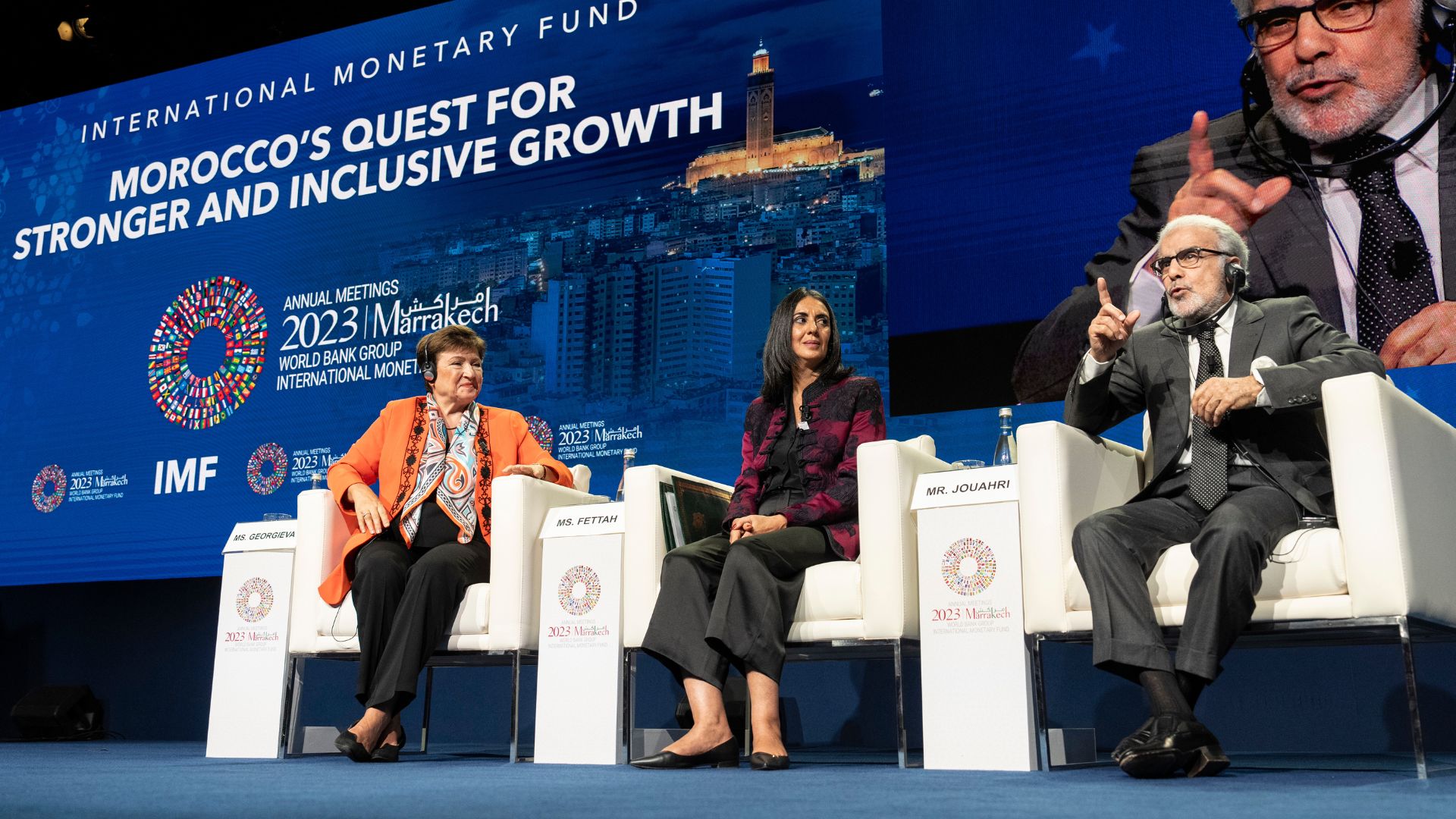
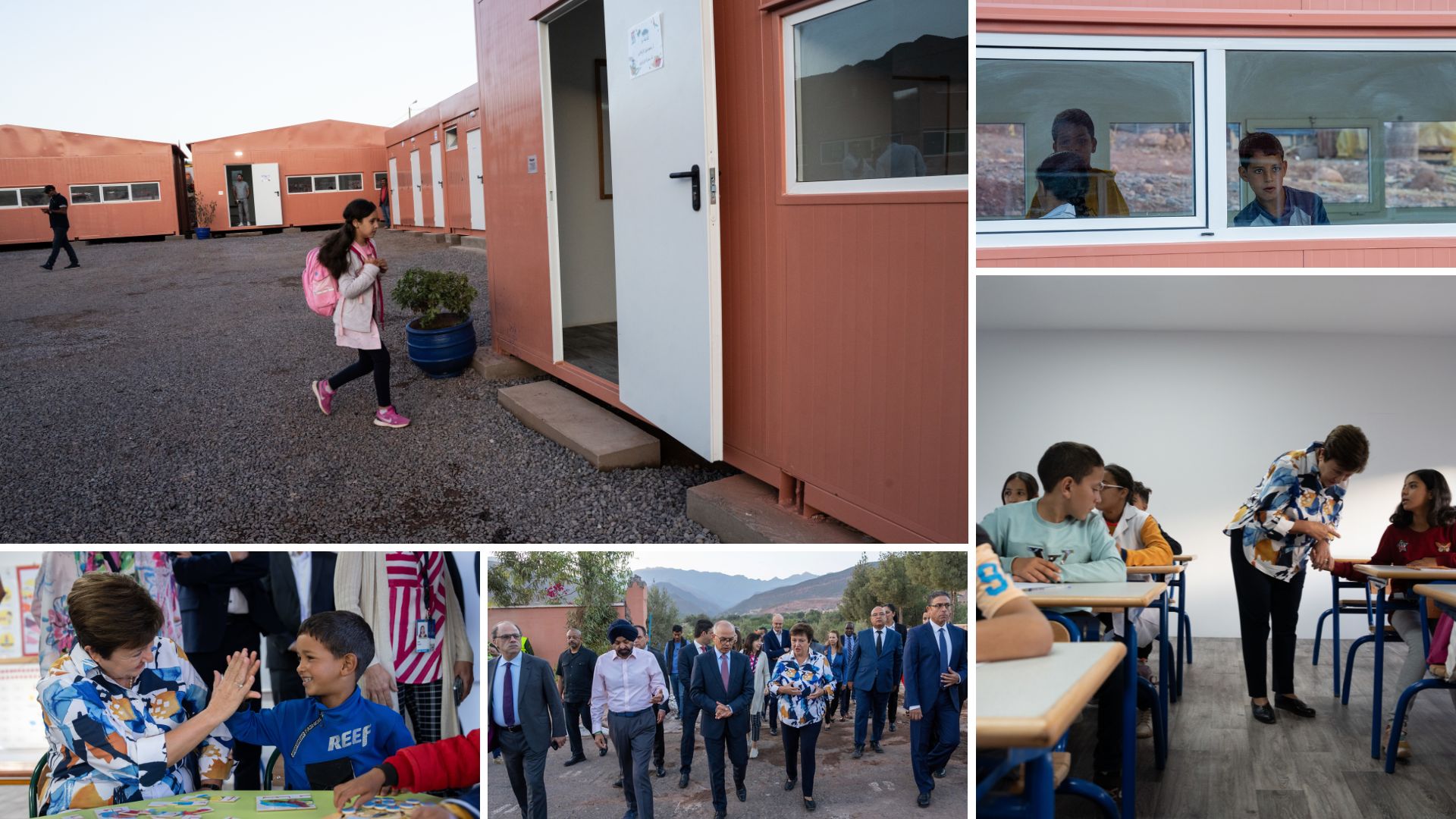
MOROCCO CAN BUILD BACK BETTER AFTER EARTHQUAKE
Morocco’s strong institutions and policies will speed recovery from the September 8 earthquake and reconstruction could inject new life into the economy, Kristalina Georgieva said during the launch of a book on Morocco’s economic future. More than 2,900 people were killed, mostly in remote villages high up in the Atlas mountains, by the 6.8-magnitude quake. The best memorial Morocco can build for those who lost their lives is to "build back better,” the IMF Managing Director said.
Morocco’s central bank governor, Abdellatif Jouahri, said government plans to spend 120 billion dirhams ($11.7 billion) over the next five years, as well as ordinary citizens’ contributions to solidarity fund, would limit the negative economic impact. Nadia Fettah, Morocco’s finance minister, said the authorities had come up with a comprehensive plan for reconstruction to narrow some of the socioeconomic disparities that characterized disaster-hit regions.
Earlier in the day Georgieva and World Bank President Ajay Banga visited a school in the foothills of the Atlas Mountains that was severely damaged by the earthquake. Morocco’s Minister of Education, Preschooling, and Sports Chekib Benmoussa accompanied them to visit the temporary modular classrooms allowing primary school students to continue with their education.
Quote of the Day
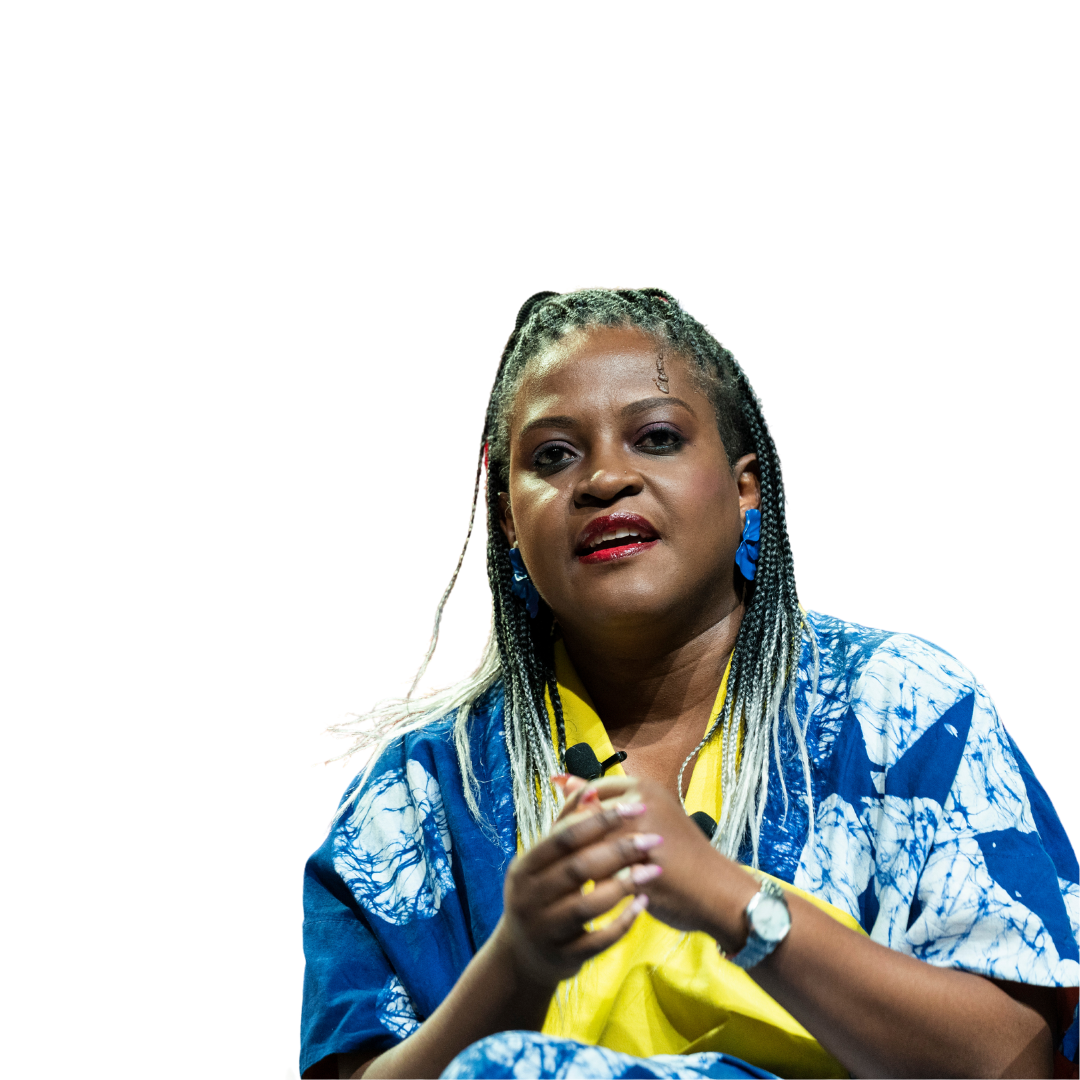
Africa is imperative. In the next 50 years you will have to engage with Africa if you want to or not.
ORY OKOLLOH, Partner at Verod-Kepple Africa Ventures speaking at the Africa Inspired event.
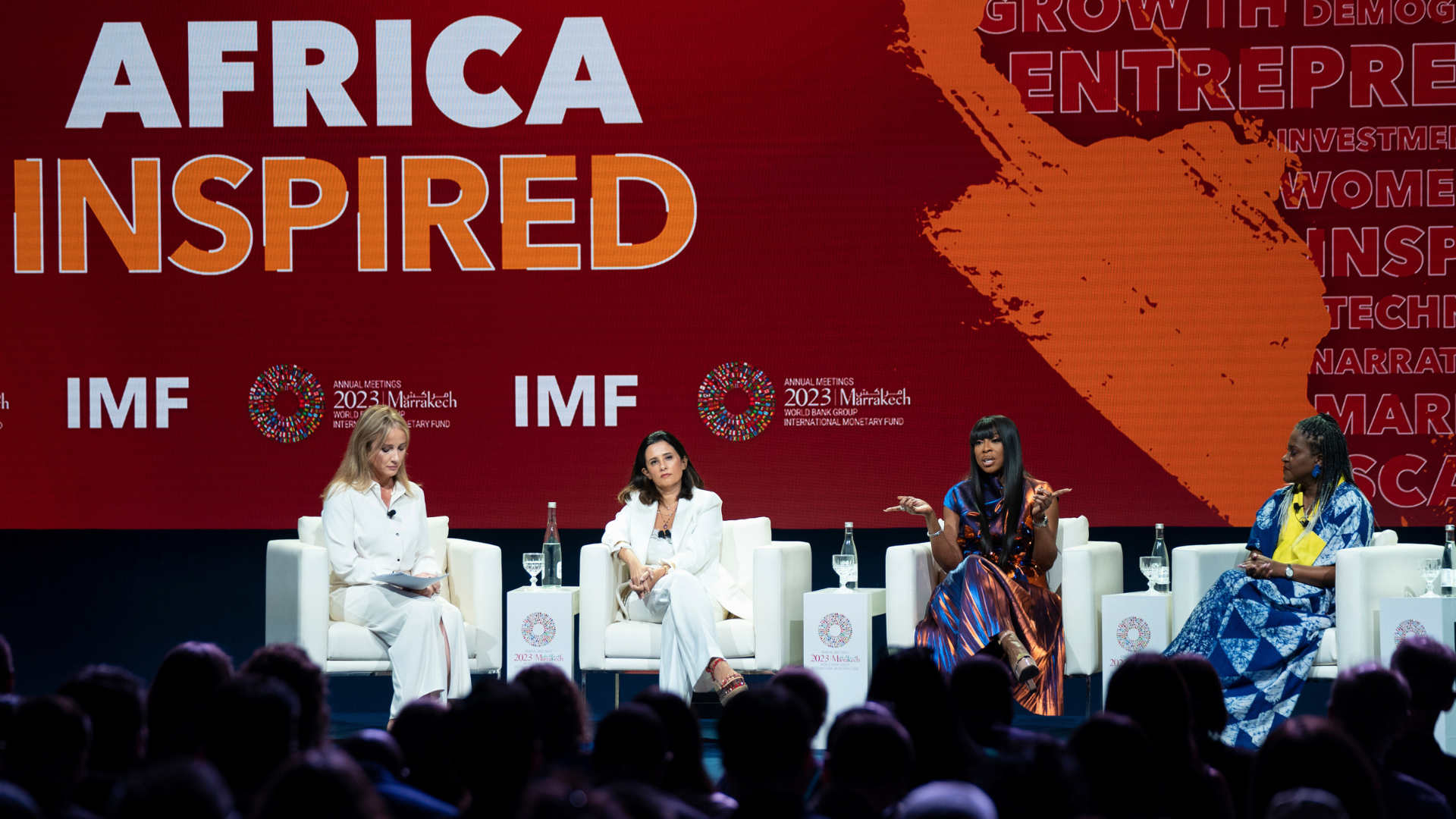
Africa's Leaders must Tap Youth Voices
Africa is pivotal for the future of the world economy but the continent needs industrial policies and policymakers who enable innovation, Ory Okolloh, a pan-African focused venture capitalist, told an IMF Inspired discussion. “We cannot leapfrog no matter the technology. We need to make things in Africa—it’s so critical,” Okolloh told the event. The narrative on Africa must also change, said Mo Abudu, chief executive of EbonyLife Media. “As a continent we’ve just been so quiet—the world doesn’t know who we are, except for their vision of who they think we are.” Leaders must tap the voices of Africa’s youth, she added, and invest in capacity building and training. That’s a theme that resonated with Lamia Taz, chief executive of Sothema, a pharmaceutical company in Africa and the Middle East. The government’s role, she noted, should be to educate and train.
CHART of the Day
IMF financial support has increased and broadened to meet the evolving challenges of members. The IMF has deployed $1 trillion in global liquidity and reserves through lending and the 2021 allocation of $650 billion in special drawing rights, or SDRs.
As of September, the IMF has lending commitments with 94 countries for about $287 billion, or SDR 218 billion.
Read the blog SDR factsheet
lending factsheet
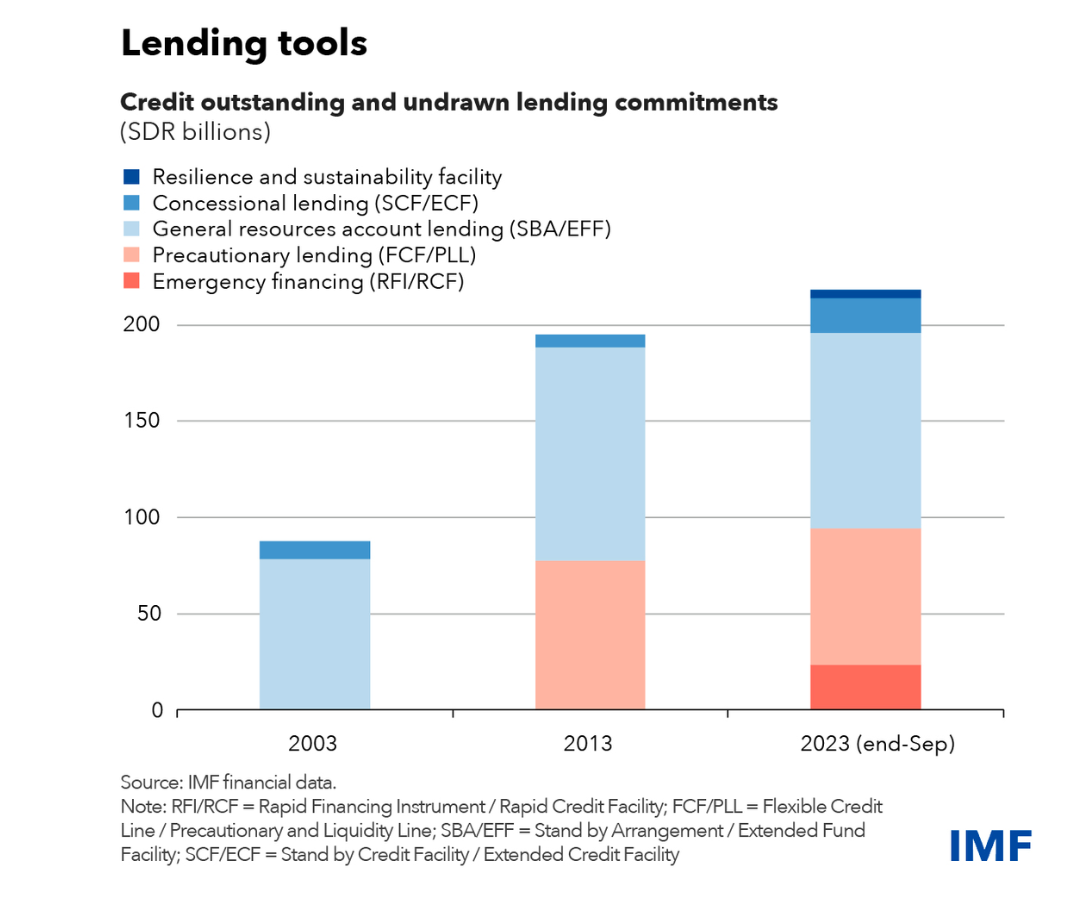
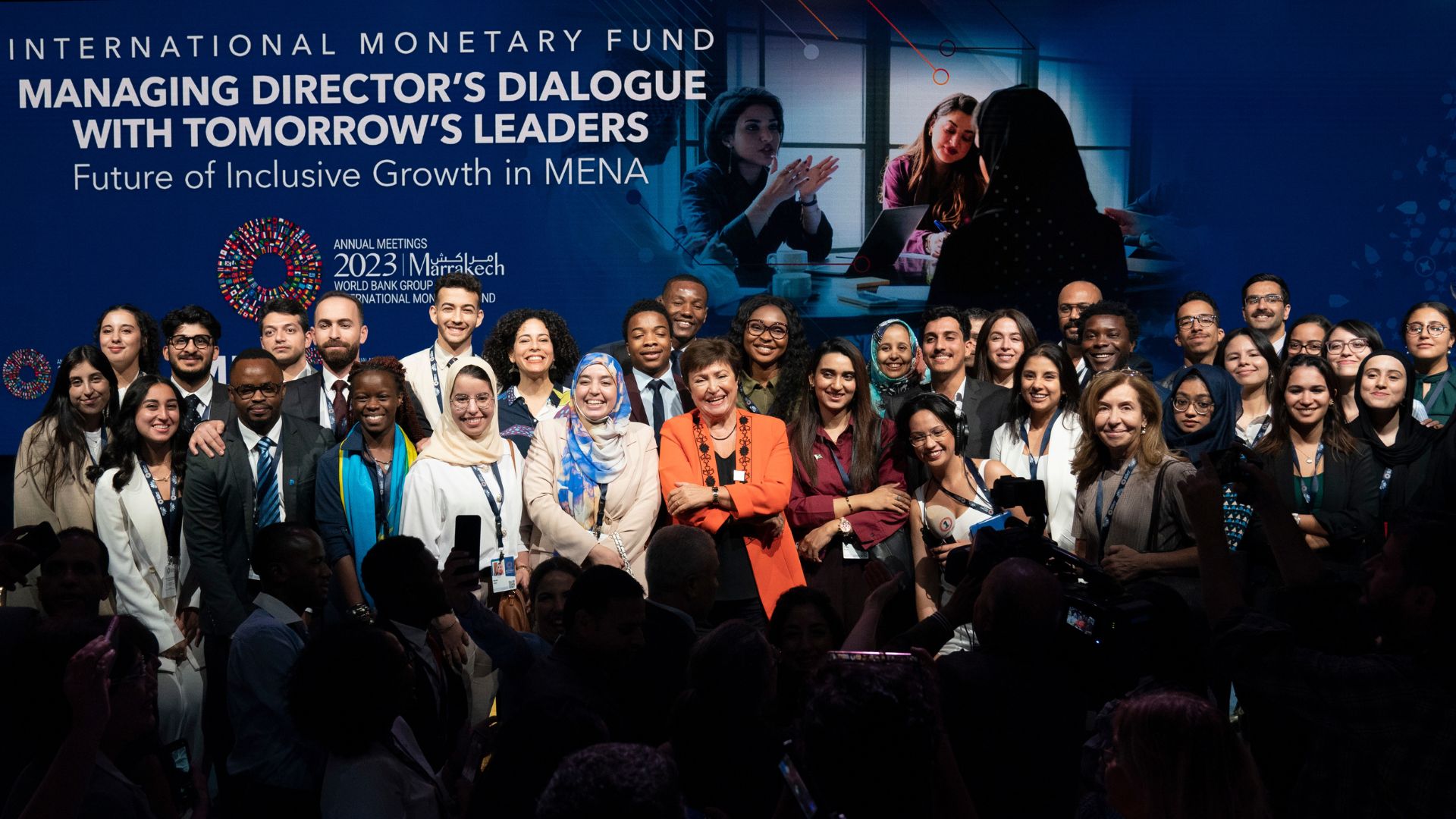
Arab Youth Define Brighter Future
Kristalina Georgieva called on young people to define a brighter future for the world in a dialogue with Arab youth on the obstacles they face and how leaders can remove them. Ghalia Damak, an entrepreneur from Tunisia, told the Dialogue with Tomorrow’s Leaders that lack of access to finance and complicated regulations are among the issues that have led to brain drain, a key obstacle her country is facing. Taha Namri, an IMF economist from Morocco, discussed the importance of addressing inequality and removing barriers to women’s participation in the labor market. According to IMF research, reducing the gender gap in emerging markets by 50 percent would create $1 trillion of output. The panelists also discussed the importance of data-driven policymaking. Mauritania’s Teslem Zein added that transparency and social dialogue are crucial for ensuring the success of policies. She concluded by stating that leaders cannot just have strategies on paper; their strategies for youth must be “concrete, inclusive, and backed by data.”
Number of the Day
70%below 30
Africa has the youngest population in the world, with 70% of sub-Saharan Africa under the age of 30. Learn how Africa can further drive inclusive growth.
Learn more
Photos
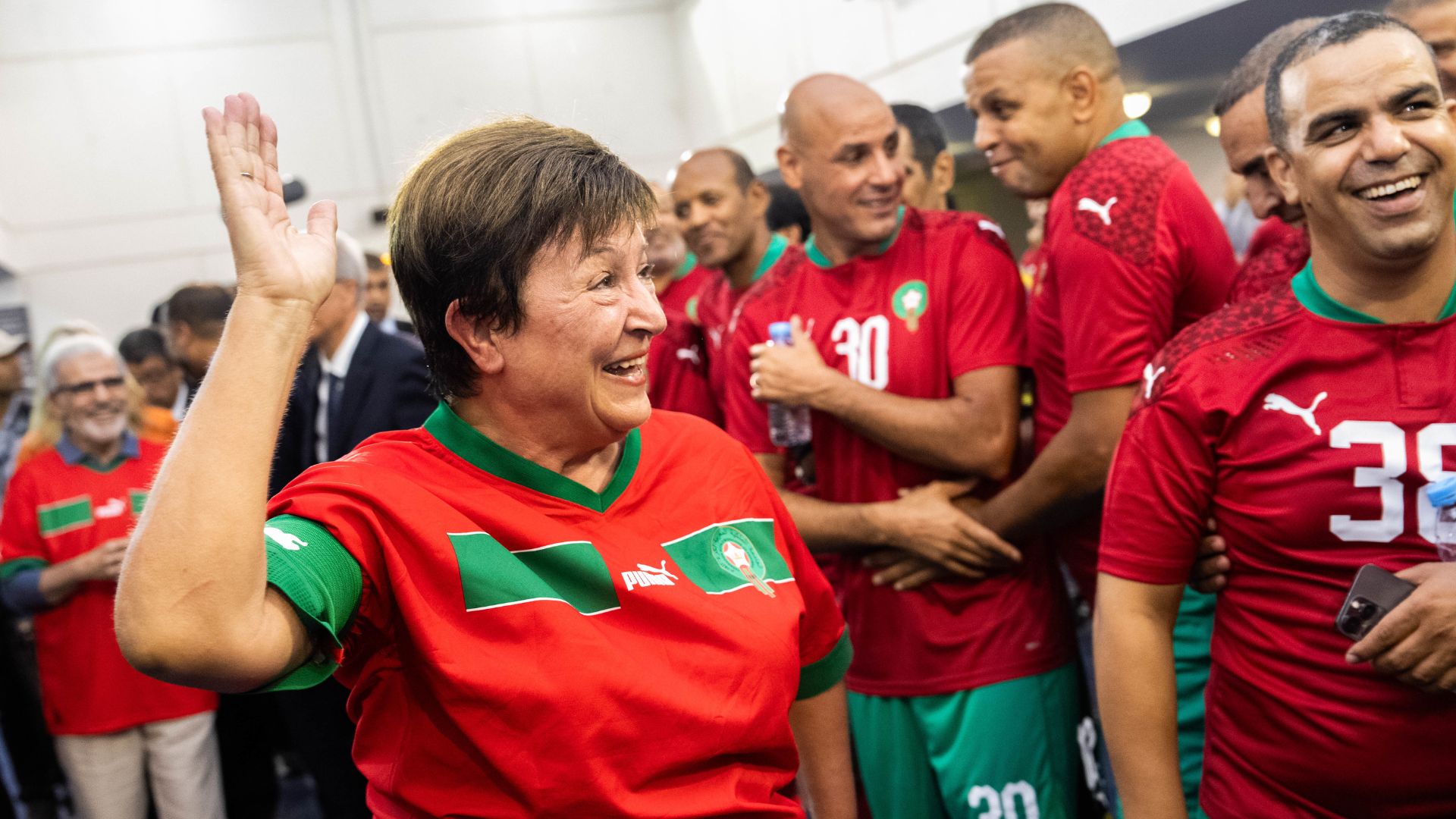 Managing Director Kristalina Georgieva attends and participates in a soccer match along with the Moroccan National Team.
Managing Director Kristalina Georgieva attends and participates in a soccer match along with the Moroccan National Team.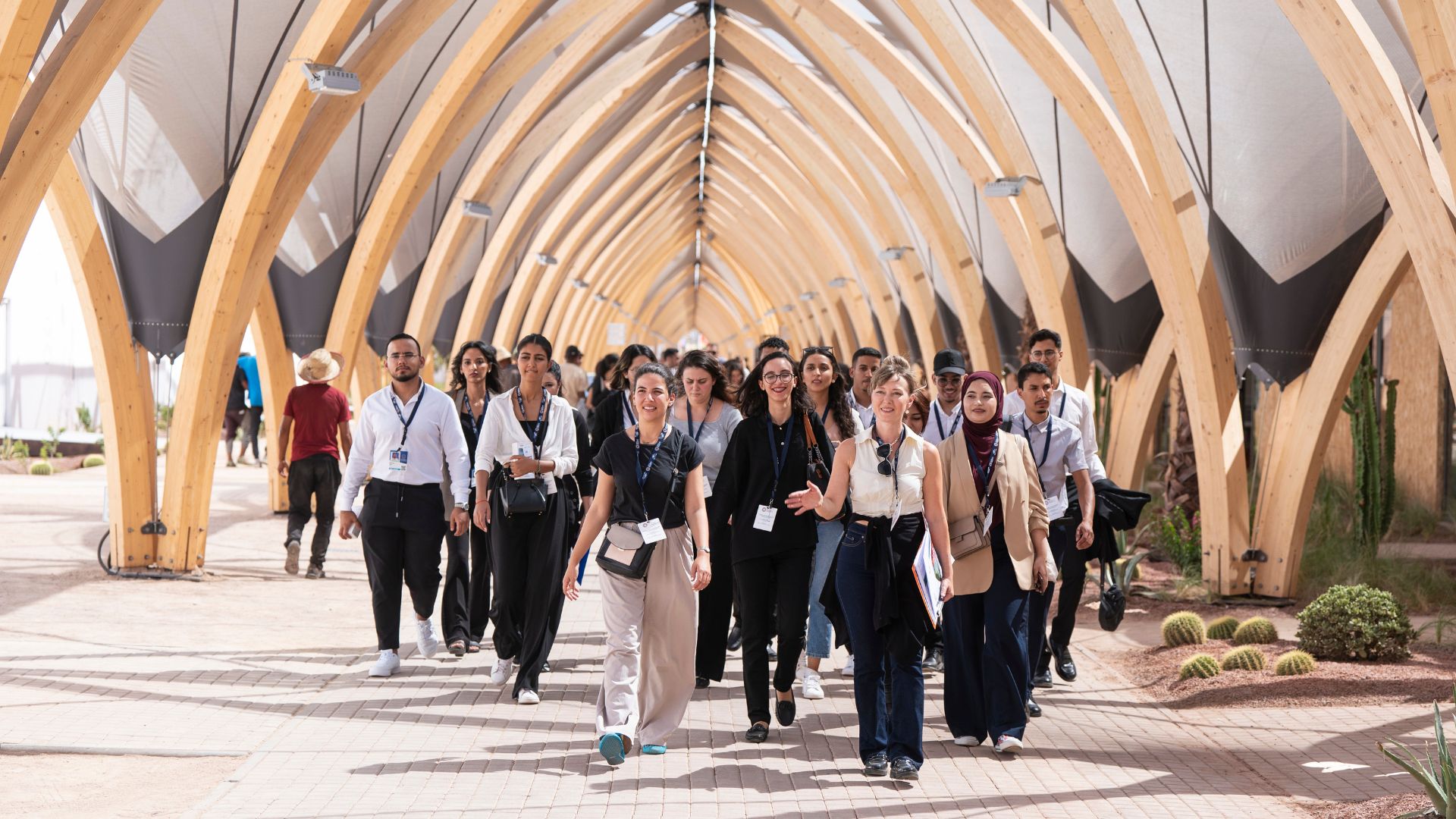 People walk through the campus of the 2023 Annual Meetings in Marrakech.
People walk through the campus of the 2023 Annual Meetings in Marrakech.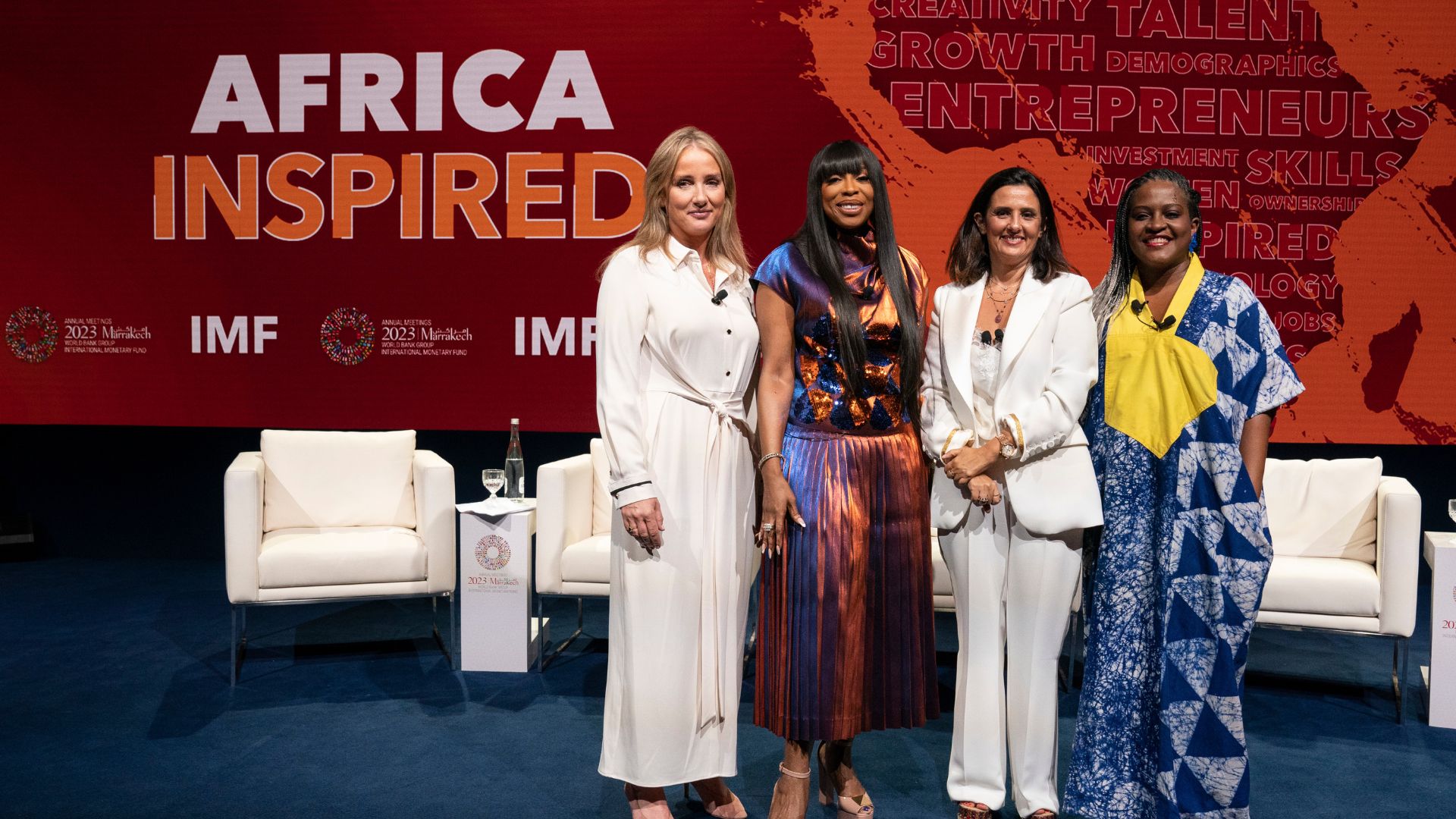 Moderator Amanda Walker and panelists Mo Abudu, Sothema Lamia Tazi, and Ory Okolloh at the Africa Inspired event.
Moderator Amanda Walker and panelists Mo Abudu, Sothema Lamia Tazi, and Ory Okolloh at the Africa Inspired event.Upcoming Events
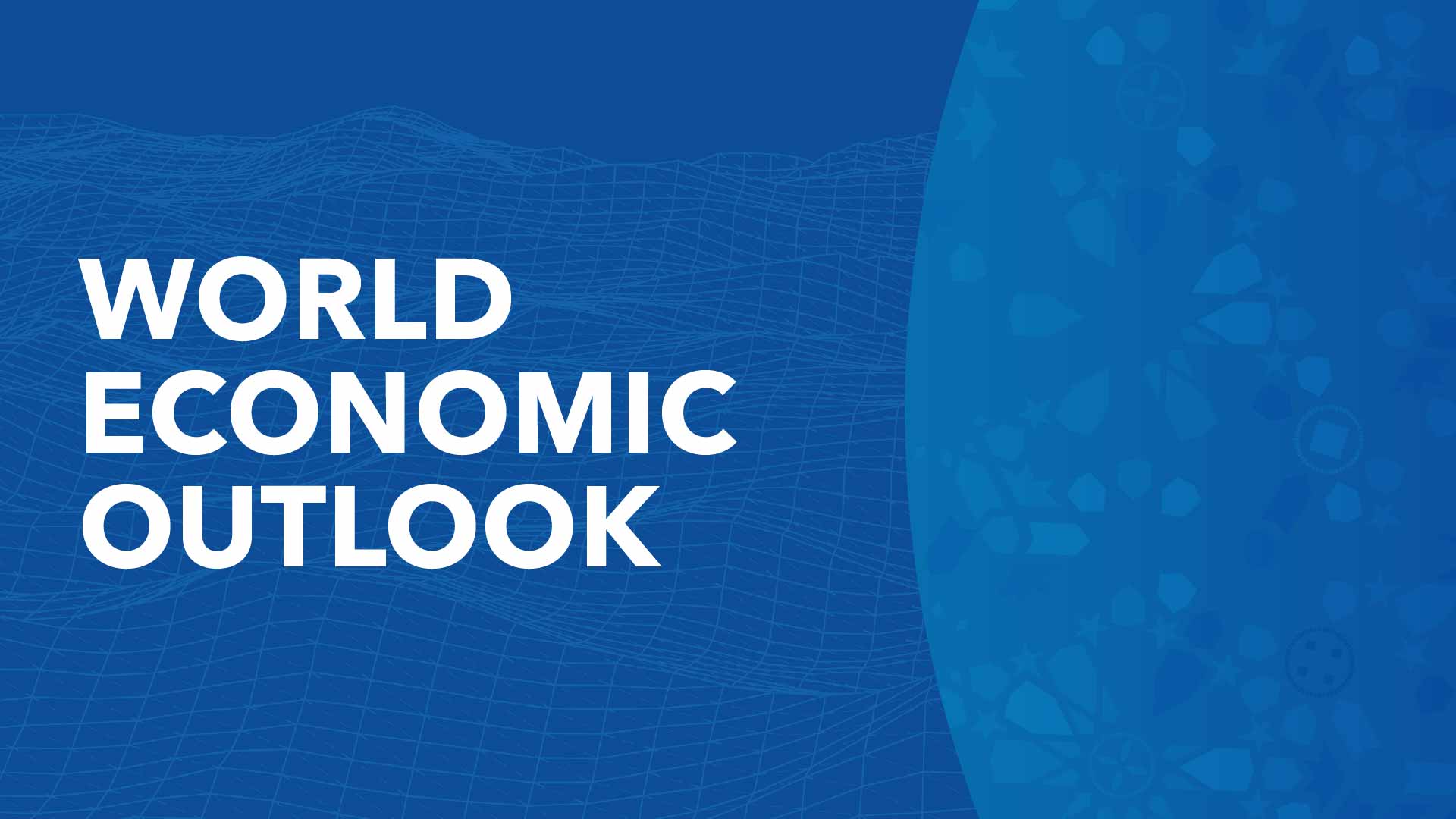
Press Briefing: World Economic Outlook
Watch Chief Economist Pierre-Olivier Gourinchas present our latest global growth projections and key policy recommendations.
Event Details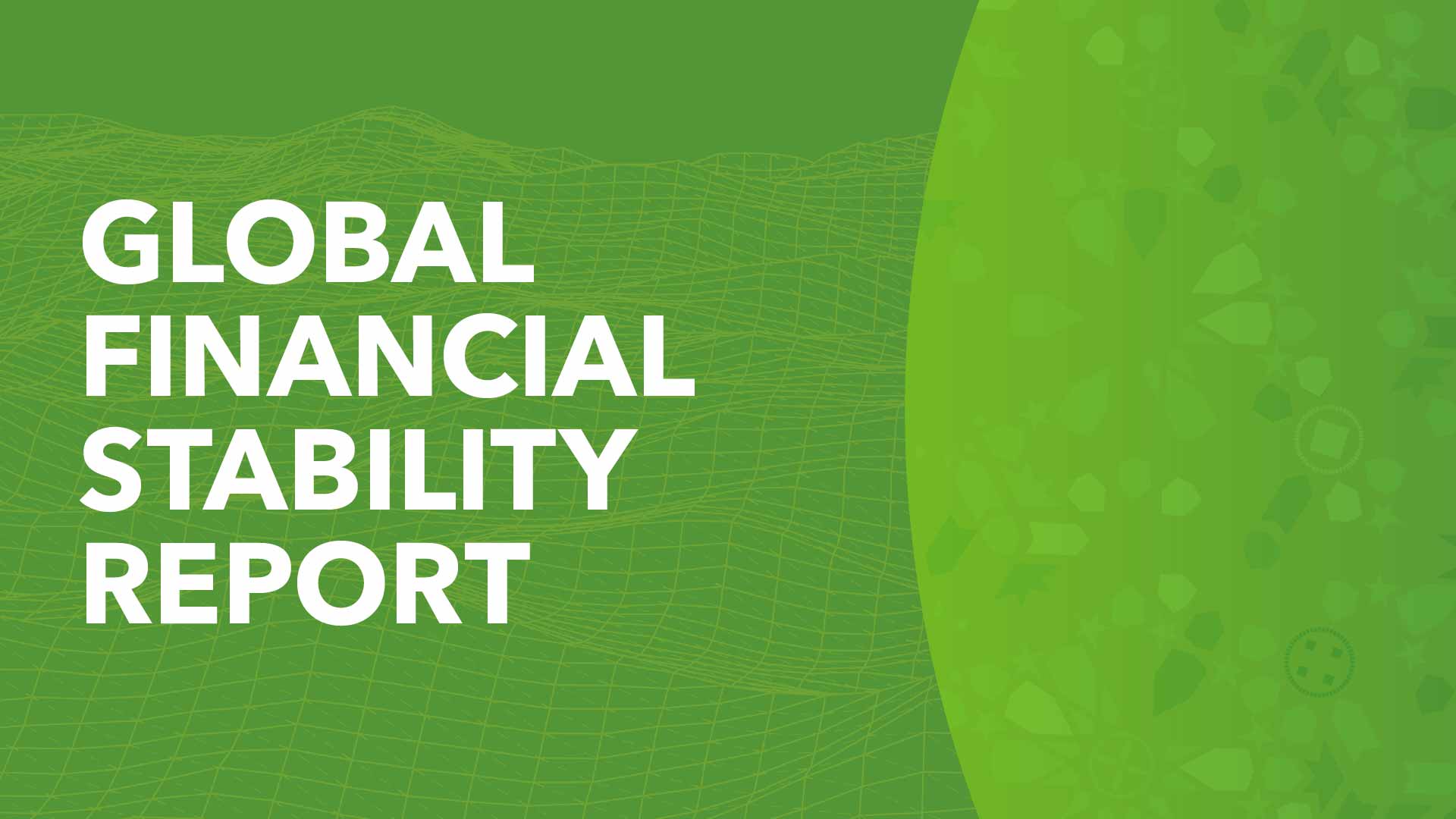
Press Briefing: Global Financial Stability Report
What challenges do higher inflation and interest rates pose for global financial stability? Tune in to the press briefing on April 11, 10:30 AM ET.
Event Details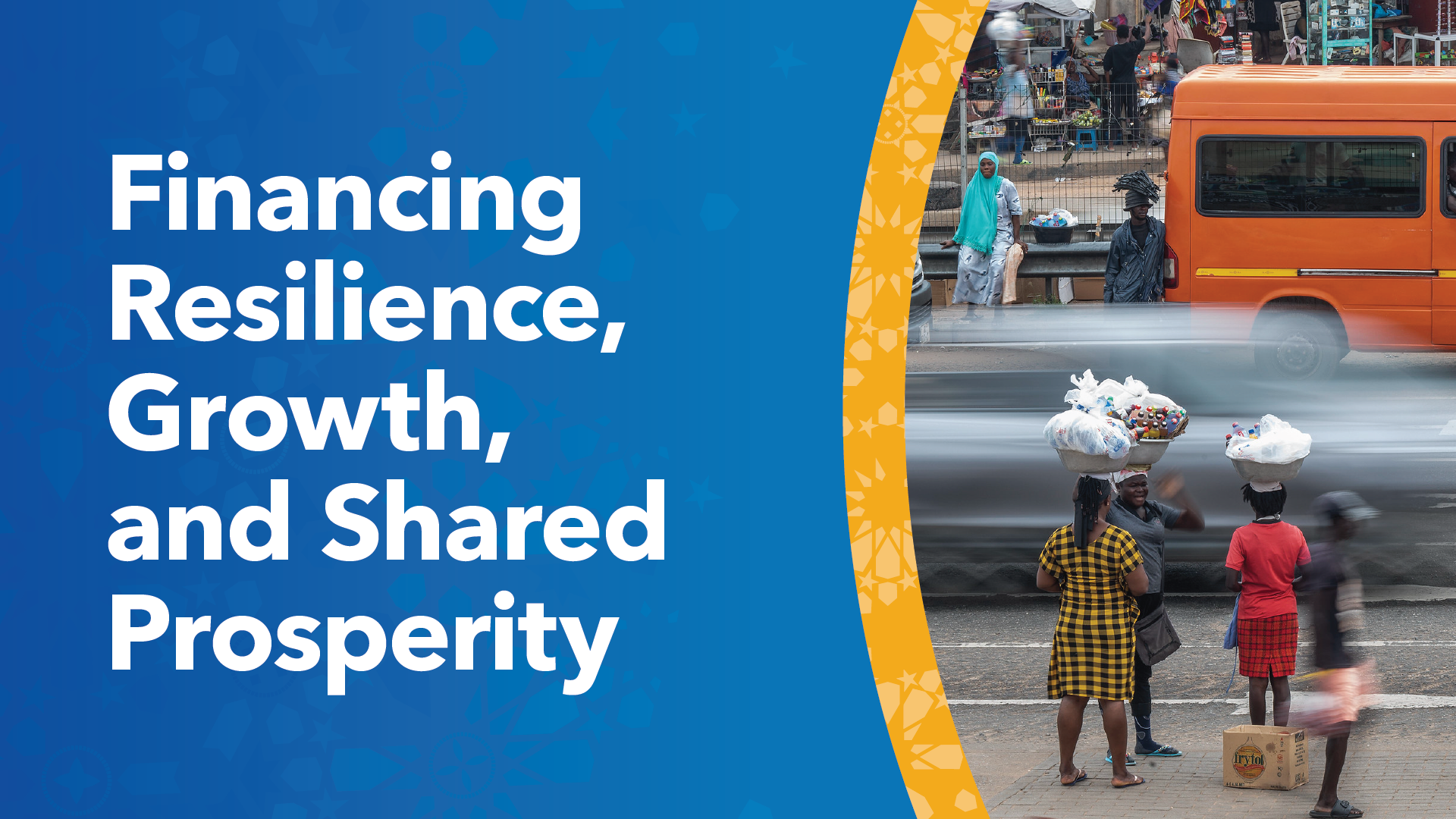
Financing Resilience, Growth and Shared Prosperity
This seminar will discuss how countries can overcome the funding squeeze and build a more resilient future growth path.
Event Details


